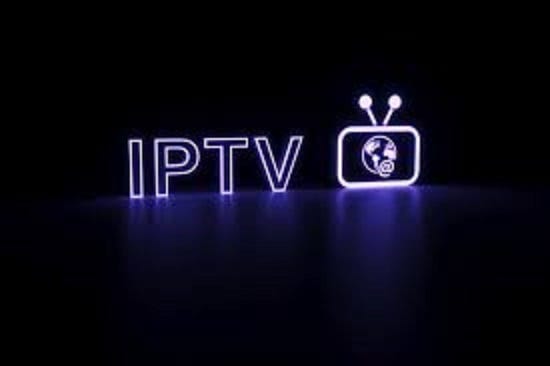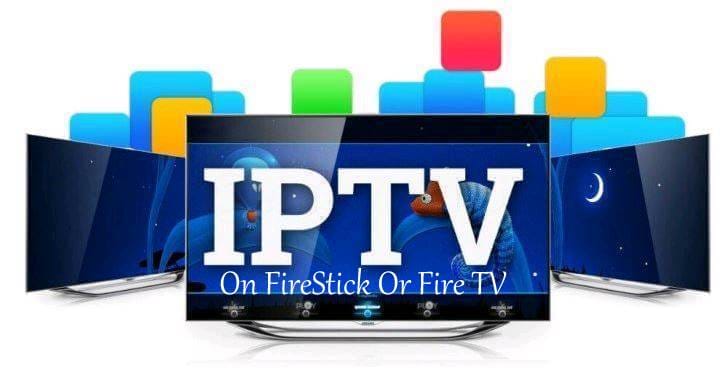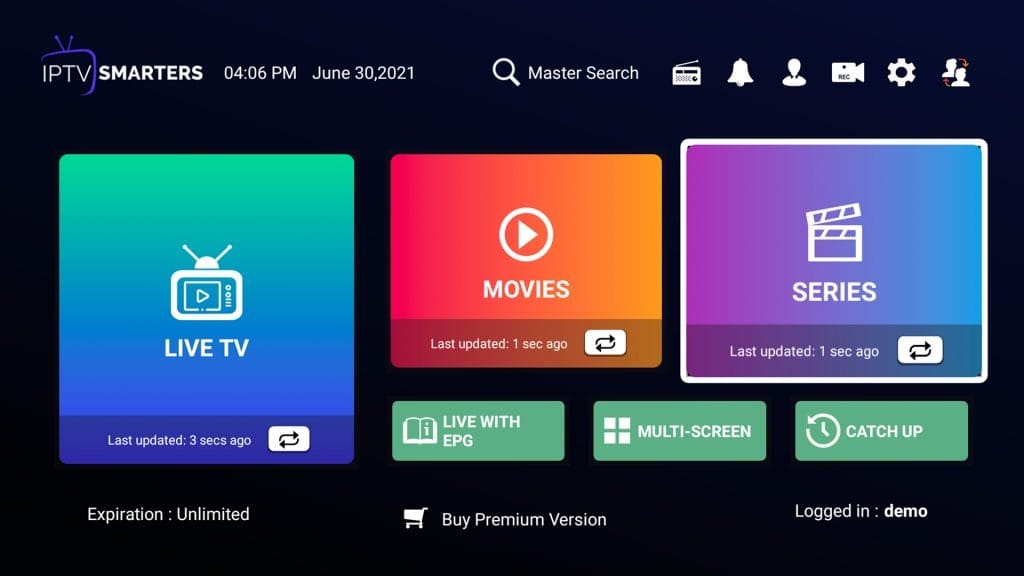Table of Contents
Introduction Revolutionizing Entertainment
In the rapidly evolving landscape of entertainment, Internet Protocol Television (IPTV) has emerged as a game-changer, reshaping how we consume and experience content. This article delves into the nuances of IPTV, exploring its technology, advantages, impact on streaming services, and future trends.

What is IPTV?
IPTV, or Internet Protocol Television, is a revolutionary technology that delivers television content through internet protocols rather than traditional cable or satellite means. This shift in transmission has far-reaching implications for the entertainment industry.
The Technology Behind IPTV
How IPTV Works
To understand IPTV’s impact, it’s crucial to grasp its underlying technology. Unlike conventional broadcasting methods, IPTV relies on internet protocols to transmit audio and video signals. This ensures a seamless and dynamic viewing experience.

Advantages of IPTV
Unparalleled Content Variety
One of IPTV’s standout features is its vast content library. From live TV channels to on-demand movies, IPTV provides an extensive range of options, catering to diverse audience preferences.
Enhanced User Experience
IPTV goes beyond traditional television by offering interactive features. Users can engage with content, accessing additional information or choosing different camera angles during live events, enhancing the overall viewing experience.
Cost-Efficiency
In comparison to cable subscriptions, IPTV often proves more cost-effective. Users can select customized plans, paying for the channels and content they truly want, eliminating unnecessary expenses.

Accessibility and Portability
The beauty of IPTV lies in its accessibility. Viewers can enjoy their favorite shows anywhere with an internet connection, breaking free from the constraints of physical cable connections.
IPTV and Streaming Services
IPTV vs. Traditional Cable
A compelling aspect of IPTV is its departure from traditional cable structures. Cable limitations are replaced with the flexibility and innovation of internet-based delivery systems.
Integrating IPTV with Streaming Platforms
Major streaming platforms are increasingly adopting IPTV technology to diversify their content delivery. This integration offers a seamless transition between traditional streaming and live TV experiences.
The Impact on Traditional Broadcasting
Shifting Dynamics in Television Industry
IPTV’s rise has triggered a paradigm shift in the television industry. Traditional broadcasters are compelled to adapt to changing viewer preferences and technological advancements.
Challenges and Opportunities
While IPTV presents opportunities for innovation, it also poses challenges. Issues such as network stability and piracy must be addressed to ensure the continued success of this transformative technology.

Future Trends of IPTV
Evolving Technologies
As technology advances, so does IPTV. Emerging technologies like augmented reality and virtual reality are likely to be integrated, providing viewers with immersive and interactive content experiences.
Personalization in Content Delivery
The future of IPTV lies in personalization. Viewers can expect tailored content recommendations based on their preferences, creating a more engaging and satisfying entertainment experience.
Rise of 5G and IPTV
The rollout of 5G networks will further enhance IPTV’s capabilities, ensuring faster and more reliable streaming experiences. This technological synergy will redefine the boundaries of content delivery.

Conclusion
In conclusion, IPTV stands as a transformative force in the entertainment industry, offering a diverse and dynamic approach to content consumption. As it continues to evolve, IPTV promises an exciting future where personalized, immersive, and high-quality entertainment is at the forefront.
FAQs
- Is IPTV the same as traditional cable TV?
- While both deliver television content, IPTV uses internet protocols, offering more flexibility and interactive features.
- How does IPTV impact streaming services?
- IPTV integration with streaming platforms enhances content delivery, providing users with a seamless blend of live TV and on-demand streaming.
- What challenges does IPTV face?
- IPTV faces challenges such as network stability and piracy, which need to be addressed for sustained success.
- What is the future of IPTV?
- The future of IPTV includes evolving technologies, personalized content delivery, and a symbiotic relationship with the rise of 5G networks.
- Can IPTV be more cost-effective than traditional cable?
- Yes, IPTV often proves more cost-effective as users can choose customized plans, paying only for the channels and content they desire.
Explore the future of entertainment with IPTV, where possibilities are as vast as the digital horizon. As we witness this revolution, one thing is clear: the way we experience entertainment will never be the same.
Explore our website for reviews on top-notch tech products if you have an interest in the latest technology offerings.




